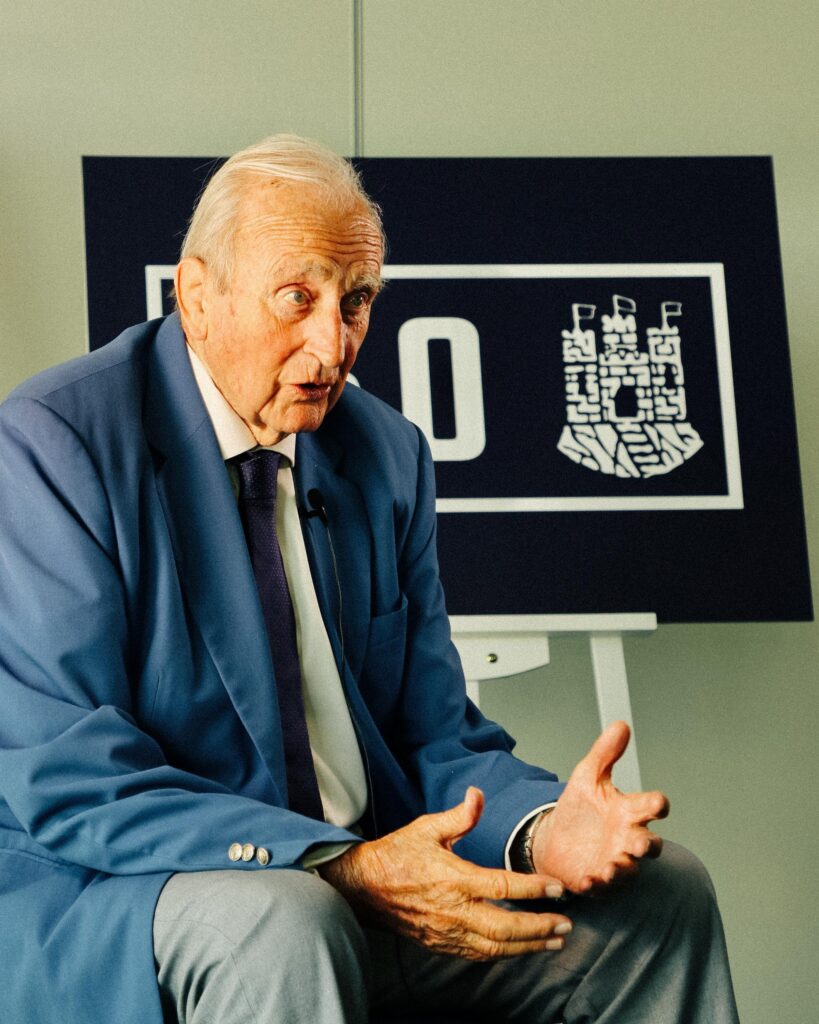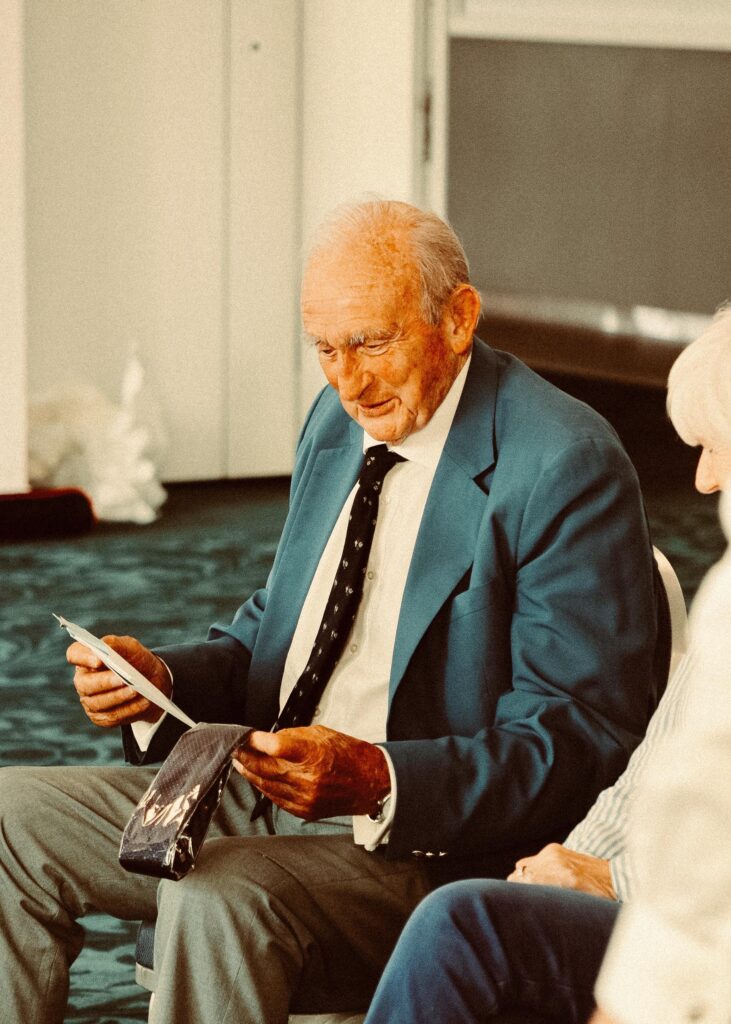Obituary: John Douglas
8 Jan 2025Scottish Rugby is saddened to learn of the death last Sunday (5 January) of former Scotland forward John Douglas. He was 90.
Scottish Rugby is saddened to learn of the death last Sunday (5 January) of former Scotland forward John Douglas. He was 90.

Born in Woolwich on 18 December 1934, Douglas (Stewart’s College FP) played all but one of his 12 caps at No 8 – the exception was against England at Twickenham in 1961 where he lined up in his habitual club position of second-row.
His international career spanned three years, 1961-1963, during which Scotland won six and drew one of the fixtures in which he played.
In his fourth appearance, a 16-8 win against Ireland at Murrayfield in 1961, Douglas scored his only try for Scotland.
Contemporary newspaper reports waxed lyrical to his contribution that day in a dominant Scotland pack.

“Ken Ross, John Douglas and Ken Smith were getting on to every loose ball in a flash and no sooner had they made the pounce, then their whole pack were with them,” noted the Glasgow Herald.
Douglas’s try was symptomatic of both his rumbustious approach to forward play and his fitness, which was the stuff of legend in the 1960s.
Trailing 3-5 as half-time neared, a long kick by the peerless Arthur Smith found touch five metres from the Ireland line. Scotland could make no dent from the lineout but from the subsequent scrum, the power of the pack and a wheel, which had long been a part of Scotland’s armoury, saw Douglas crash over from “a good forward’s distance!”
Douglas toured with the British and Irish Lions to South Africa in 1962, playing in ten of their matches and scoring a try in a 21-6 victory over Eastern Province Kings in Port Elizabeth.
He also represented the Barbarians eight times between 1961 and 1966, helping them to six victories and scoring three tries.
In an interview with the writer Jack Davidson in The Scotsman in 2013, the early chapters of Douglas’ rich life, were captured evocatively.
Davidson wrote: “It was in South Africa as a small child that he (Douglas) first became interested in rugby. It has to be said that Douglas’ early life was less ordinary. Son of an army officer based in Palestine at the outbreak of the Second World War, it was decided once Italy joined the conflict, that the Douglas family should decamp to South Africa.
“But that was not before the young John had witnessed a cinema in Tel Aviv being blown up minutes after he and his family had left it and spike mines being exploded in the Red Sea by destroyers to clear his ship’s passage south.”
His family returned to Scotland in 1946, and Douglas enjoyed two seasons in the Daniel Stewart’s first XV.
Shortly after leaving school, he played for Blackheath and Kent and while serving in the British Army on the Rhine, he played against both Germany and the French Army.
He made three appearances for the combined Glasgow & Edinburgh XV against international touring teams.
In that 2013 story in The Scotsman, Davidson lauded Douglas’s ability across a range of sports.
“He was a ferocious trainer seven days a week, culminating in a seven-mile run in the Pentlands every Sunday.
“He had boxed with some success while in the army and once back in Edinburgh he began training with the Buccleuch Club in Granton.
“So effectively did he apply himself that within six months he won the East of Scotland heavyweight title in the Music Hall in George Street (Edinburgh).
“That itself was a significant achievement but what made it a near incredible one is that he had already played at Murrayfield that same afternoon at second row for Edinburgh against North and Midlands in the old District championship.”
Douglas also loved his golf. At one point he had a handicap of four and was a member of the Honourable Company of Edinburgh Golfers at Muirfield in Gullane.
But it was his passion for horse racing that took him to a whole new sporting domain.
He had joined his fellow Scotland internationalist Ian Robertson’s syndicate in buying a horse and then went on to purchase Rubstic, a three-year-old in 1971.
Eight years later, and after twice finishing second in the Scottish Grand National at Ayr, Rubstic, won the Grand National at Aintree.
Douglas moved to Edinburgh Wanderers after a row on selection policy at Stewart’s FP. It caused quite a stushie at the time and resulted in Douglas being an absentee from the Edinburgh District team for several seasons.
When he did return to the Edinburgh side, he was made captain, at the age of 36, a role he took on for three years, nurturing such youthful talent as Andy Irvine.
“John was my first Edinburgh captain and a really great chap,” Irvine recounted.
Ultimately, Douglas combined coaching with playing and coached the Edinburgh Wanderers team to the Melrose Sevens title in 1973.
Some 40 years later, John Douglas was still quietly achieving remarkable things, providing the backing vocals for his fellow Scotland back-row forward Kelly Brown’s rendition of Highland Cathedral which was released on Spotify and YouTube.
Scottish Rugby extends its sincere condolences to John Douglas’s family and many friends.
John’s funeral will be held on Thursday 23 January at Warriston Crematorium, Lorimer Chapel.
